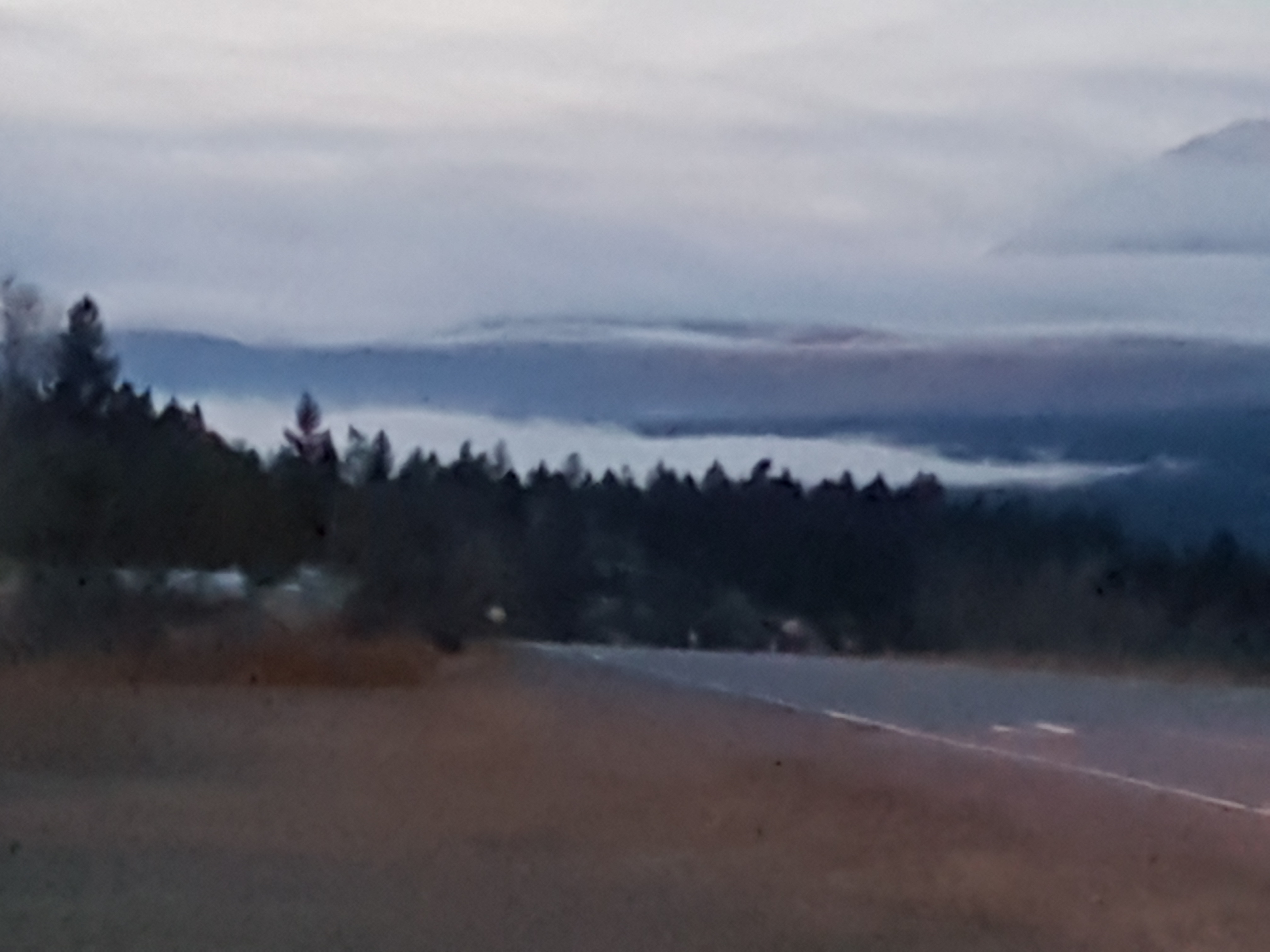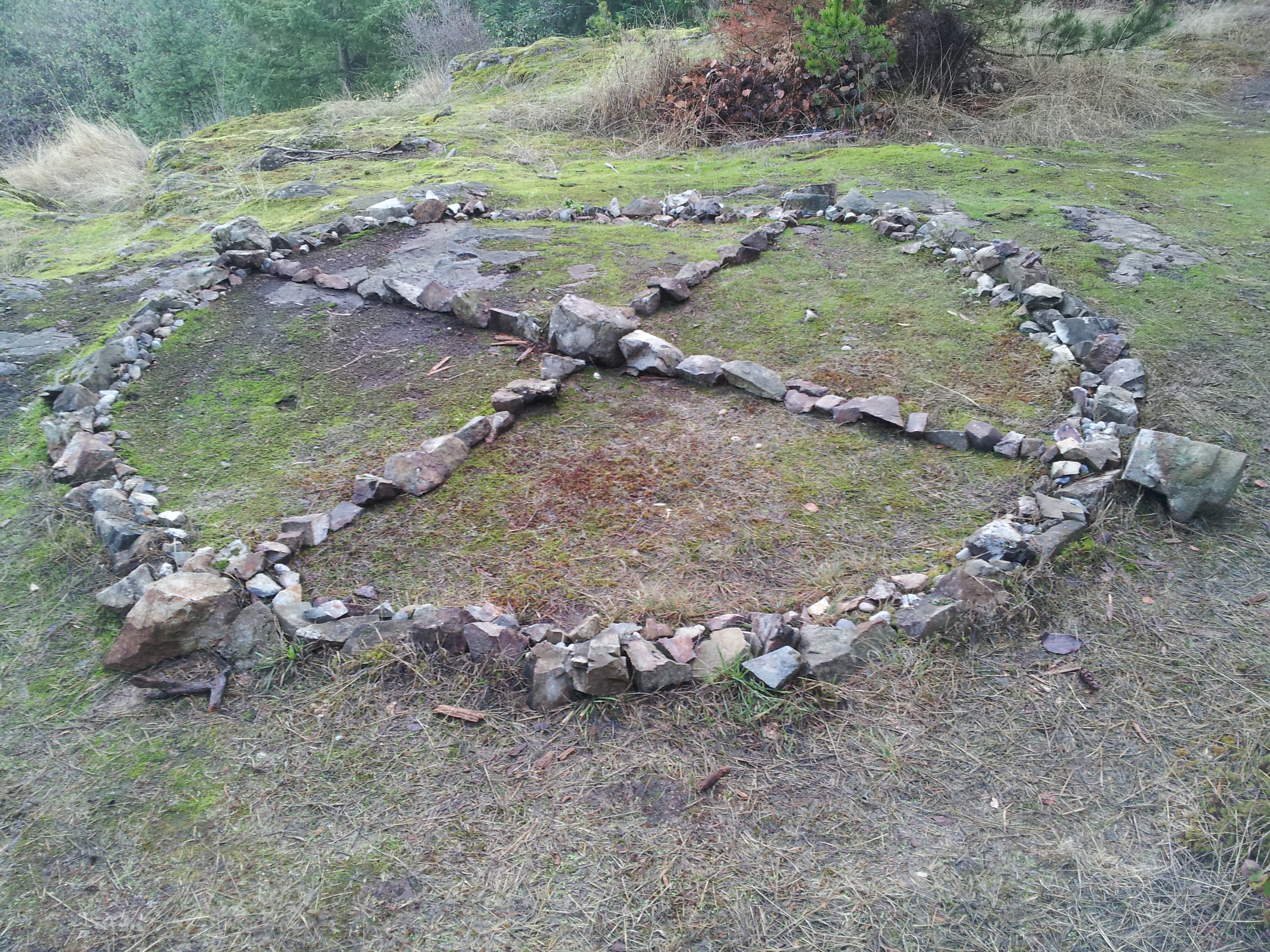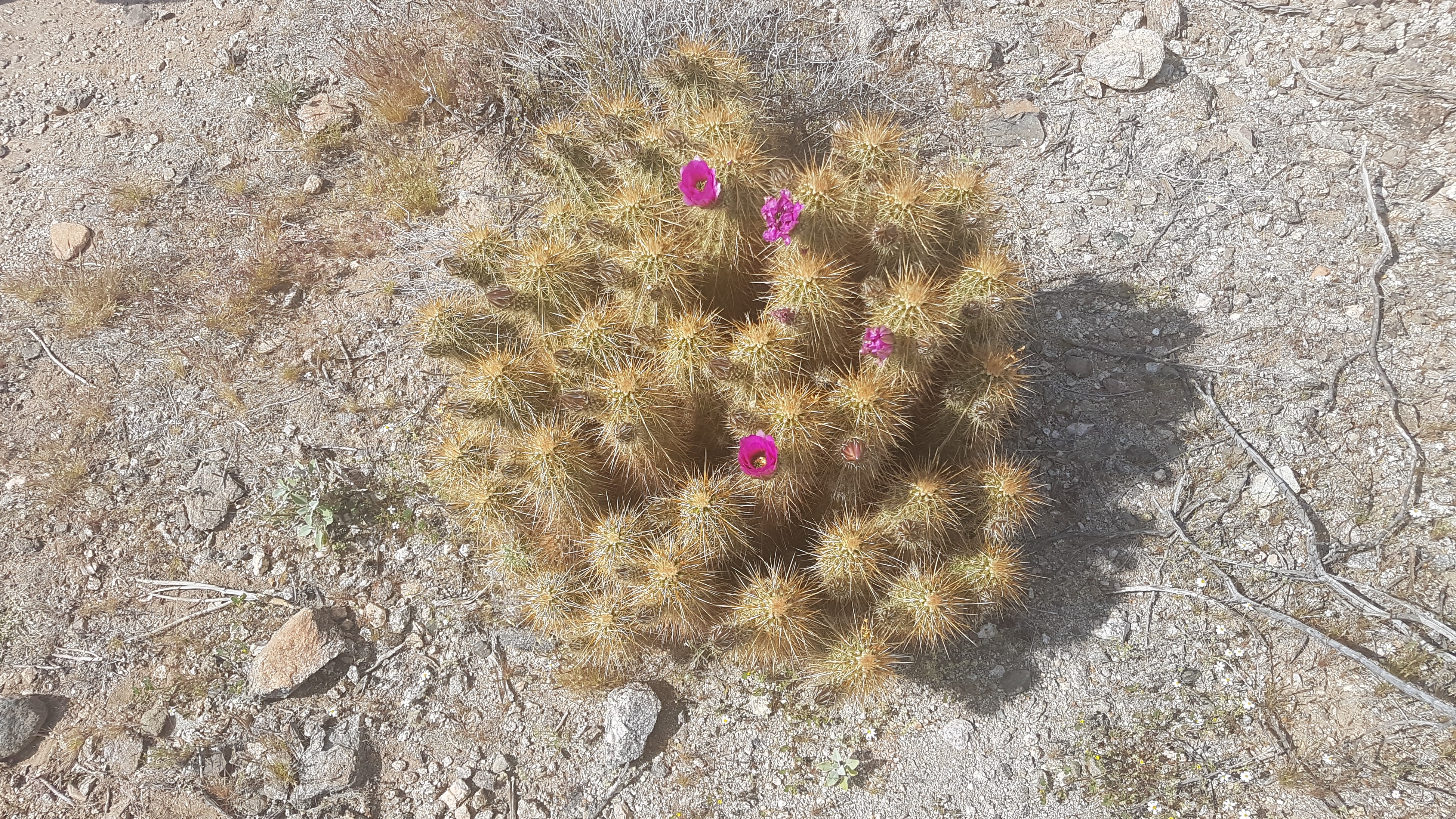I wrote this while sitting, feeling tired, waiting for a connector flight home in Vancouver International Airport. Despite being tired, I was grateful and able to reflect.
At the time, I was experiencing dis-ease. What got me through was people who reached out to me, sensing my unhappiness.
At the retreat I attended, forming relationships with people I had not met before was essential. In the midst of this, I was able to be vulnerable and drop a shield of invincibility. In the space provided. we were able express a sense of caring for each other and bring one another into the fold.
This type of experience raises questions, often without easy answers. What makes each of us who we are? It is scary, but rewarding. It is in the slow cooking of a crock pot in which intimacy can be born. In the slow brewing, we explore identity and masks of personae we wear, gazing into relational mirrors. But, it often sneaks up on us without us being aware the mirror is there.
In wondrous spaces–
Dropping one’s guard,
Sharing secrets;
Hoping to fulfill hopes.
Informing new forms–
Shedding carnival mirror images,
Revealing being vulnerable;
Experiencing a new love.
Allowing intimacy to bloom–
Glimpsing who I am,
As if for the first time–
Revealing one’s self in an other’s presence.
I listen to the blues a lot. The blues have a quality of life about them that reminds me there is more than me in the world. Willie Dixon said “the blues is the roots and other musics is the fruits.” This resonates with me.
Shemikia Copeland is a superb singer/songwriter who reminds me of the plight of others and how much hope they have in the face of systemic injustices. This song is from her most recent album.







